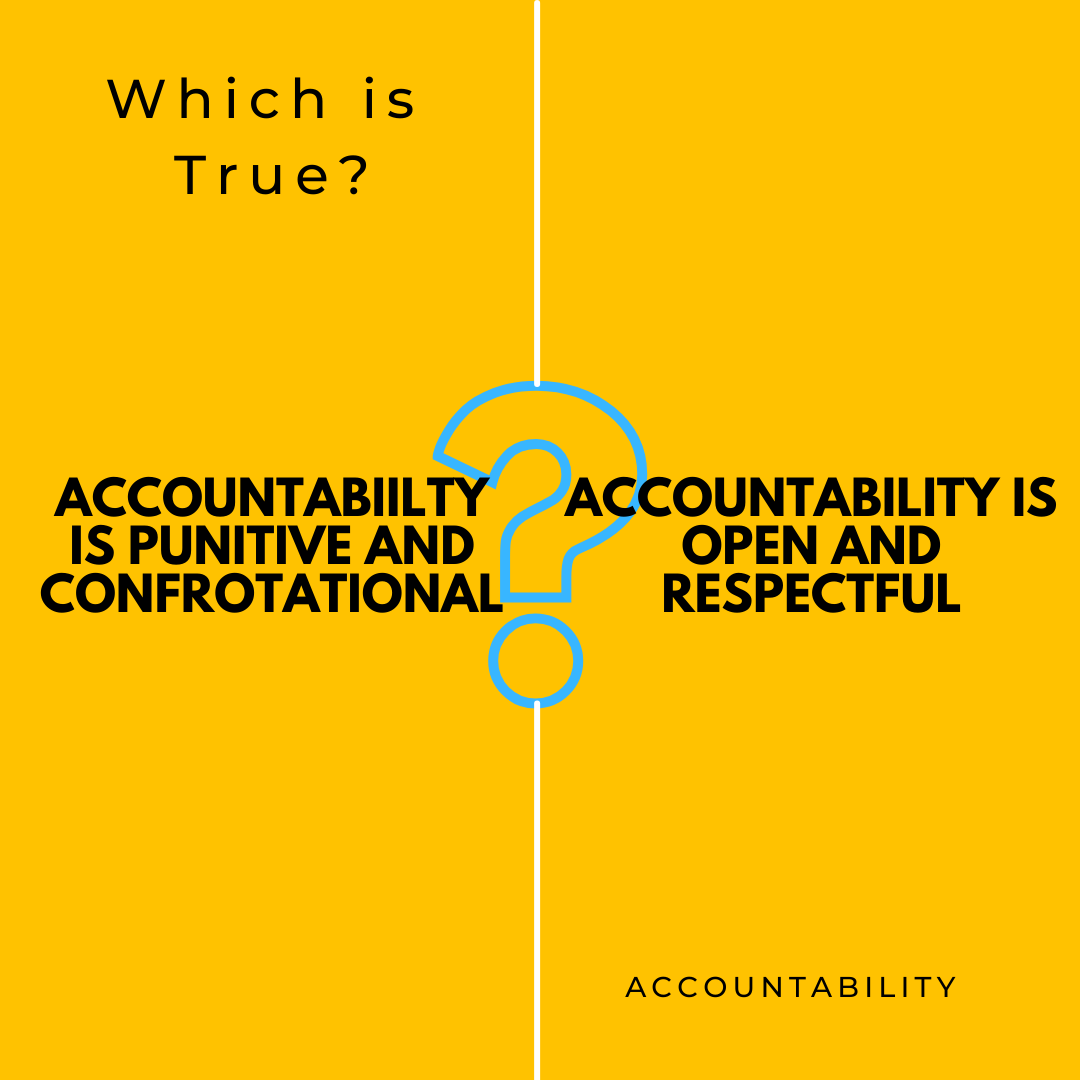Avoiding Accountability: Common Phrases and How to Address Them

Situation/Challenge
Accountability is a crucial aspect of maintaining healthy relationships and personal growth. However, some individuals may use certain phrases or excuses to avoid taking responsibility for their actions. Recognizing these phrases and addressing them effectively can help foster a more honest and accountable environment.
Principle
The key principle to addressing phrases that avoid accountability is to encourage open and honest communication, promote self-awareness, and emphasize the importance of personal responsibility. By fostering a supportive and understanding environment, we can help others recognize the value of accountability and encourage them to take responsibility for their actions.
Pitfalls
There are several pitfalls that can arise when addressing phrases that avoid accountability:
- Becoming defensive or confrontational: Responding defensively or with confrontation can escalate the situation and hinder productive communication. It’s essential to approach the conversation calmly and with empathy.
- Ignoring the issue: Dismissing or ignoring the phrases used to avoid accountability can perpetuate the behavior and prevent growth.
- Focusing on blame: Focusing on blame rather than understanding and growth can create a negative environment and discourage accountability.
Unlearn
To effectively address avoidance of accountability, we need to unlearn certain beliefs and behaviors:
- The belief that accountability is punitive: Accountability is not about punishment, but rather about personal growth and learning from our mistakes. We must unlearn the belief that holding someone accountable is synonymous with punishment.
- The habit of avoiding difficult conversations: Avoiding conversations about accountability can prevent growth and perpetuate negative behavior. We must unlearn the habit of avoiding these conversations and instead learn to address them constructively.
Relearn
Once we have unlearned these beliefs and habits, we can relearn healthier ways to address avoidance of accountability:
- Develop effective communication skills: Learning to communicate openly, honestly, and empathetically can help create a supportive environment for discussing accountability.
- Promote self-awareness and personal responsibility: Encouraging self-awareness and personal responsibility can help others recognize the importance of accountability and the impact of their actions.
Application
To apply these principles and strategies in addressing phrases that avoid accountability, consider the following steps:
- Recognize the phrase: Identify when someone is using a phrase to avoid accountability, such as “You can’t help who you fall in love with” or “Nobody’s perfect, not even you.”
- Address the phrase calmly and empathetically: Approach the conversation with empathy and understanding, avoiding confrontation or defensiveness.
- Encourage open communication: Ask questions and encourage the individual to reflect on their actions and the impact they have on others.
- Emphasize the importance of personal responsibility: Remind the individual that taking responsibility for their actions is crucial for personal growth and maintaining healthy relationships.
- Offer support: Offer support and guidance to help the individual recognize the importance of accountability and work towards personal growth.
By following these steps and embracing the principle of open and honest communication, we can address phrases that avoid accountability and foster a more responsible and supportive environment. Let’s see the application in a practice case study.
Case Study: Jasmine’s Journey
Jasmine, a young woman with a history of trauma, struggled with accountability in her romantic relationship. Due to her past experiences, Jasmine associated accountability with punishment and fear. As a result, she often used phrases like “You can’t help who you fall in love with” or “Nobody’s perfect, not even you” to avoid taking responsibility for her actions. This behavior began to strain her relationship with her partner, who felt hurt and unsupported.
Solution: Addressing Jasmine’s Avoidance of Accountability
Jasmine’s partner decided to address her avoidance of accountability using the following steps:
- Recognize the phrase: Jasmine’s partner noticed her use of phrases that deflected responsibility and acknowledged that this was a pattern in their relationship.
- Address the phrase calmly and empathetically: Instead of becoming confrontational or defensive, Jasmine’s partner approached the conversation with empathy and understanding. They expressed their feelings and explained how Jasmine’s avoidance of accountability affected their relationship.
- Encourage open communication: Jasmine’s partner asked her questions about her feelings and experiences, encouraging her to reflect on her actions and the impact they had on others. This open communication allowed Jasmine to explore her fears and insecurities without feeling judged or attacked.
- Emphasize the importance of personal responsibility: Jasmine’s partner gently reminded her that taking responsibility for her actions was crucial for personal growth and maintaining a healthy relationship. They reassured her that accountability was not about punishment, but rather about learning and growth.
- Offer support: Jasmine’s partner offered support and guidance to help her recognize the importance of accountability and work towards personal growth. They committed to working together to create a safe and nurturing environment where Jasmine could heal from her past trauma and develop healthier patterns of behavior.
Outcome
Over time, Jasmine began to understand the importance of accountability in her relationship and personal growth. With the support of her partner, she worked through her fears and insecurities, becoming more comfortable with taking responsibility for her actions. As a result, Jasmine and her partner experienced a deeper connection, improved communication, and a stronger, more fulfilling relationship.
